Blog
Latest News & Upcoming Events
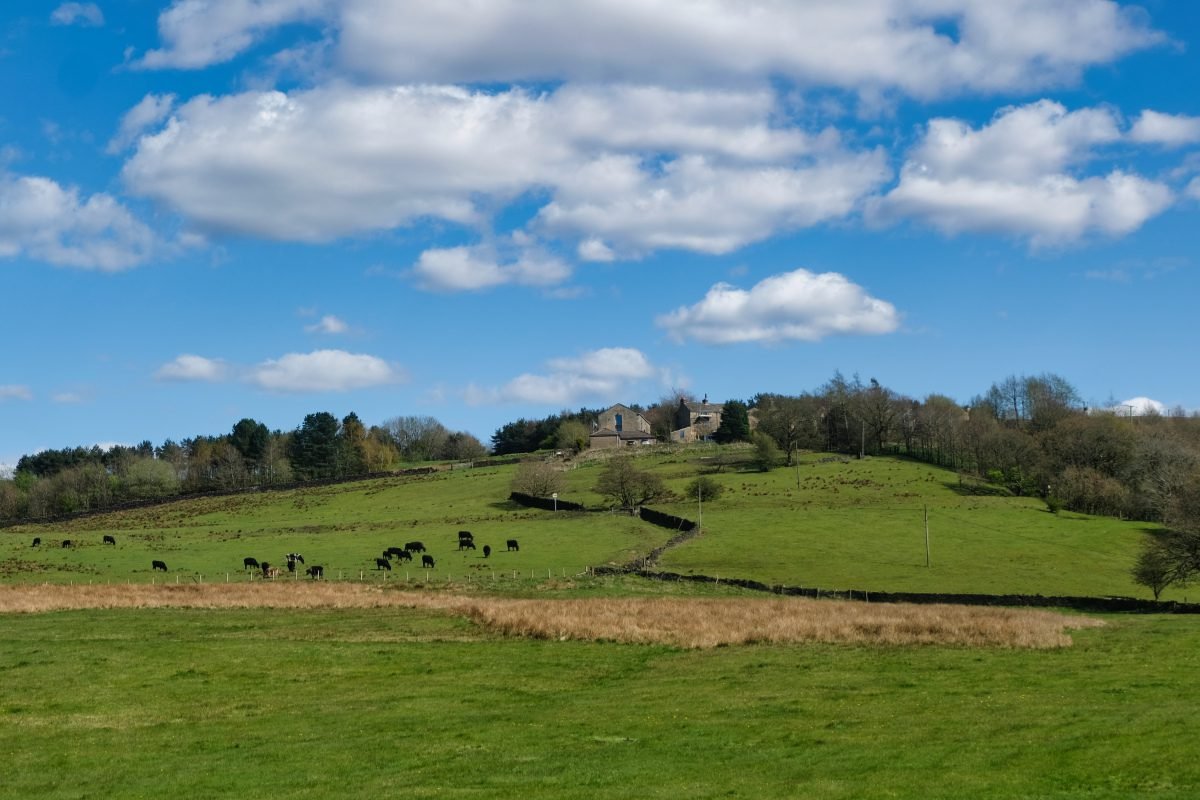
Tips For Walking In The Hills Around Littleborough
Are you itching to escape the hustle and bustle of city life? Look no further than Littleborough, a quaint town nestled in the Pennine Hills. With its rolling hills and stunning views, this area is perfect for those seeking an outdoor adventure.
But before you lace up …
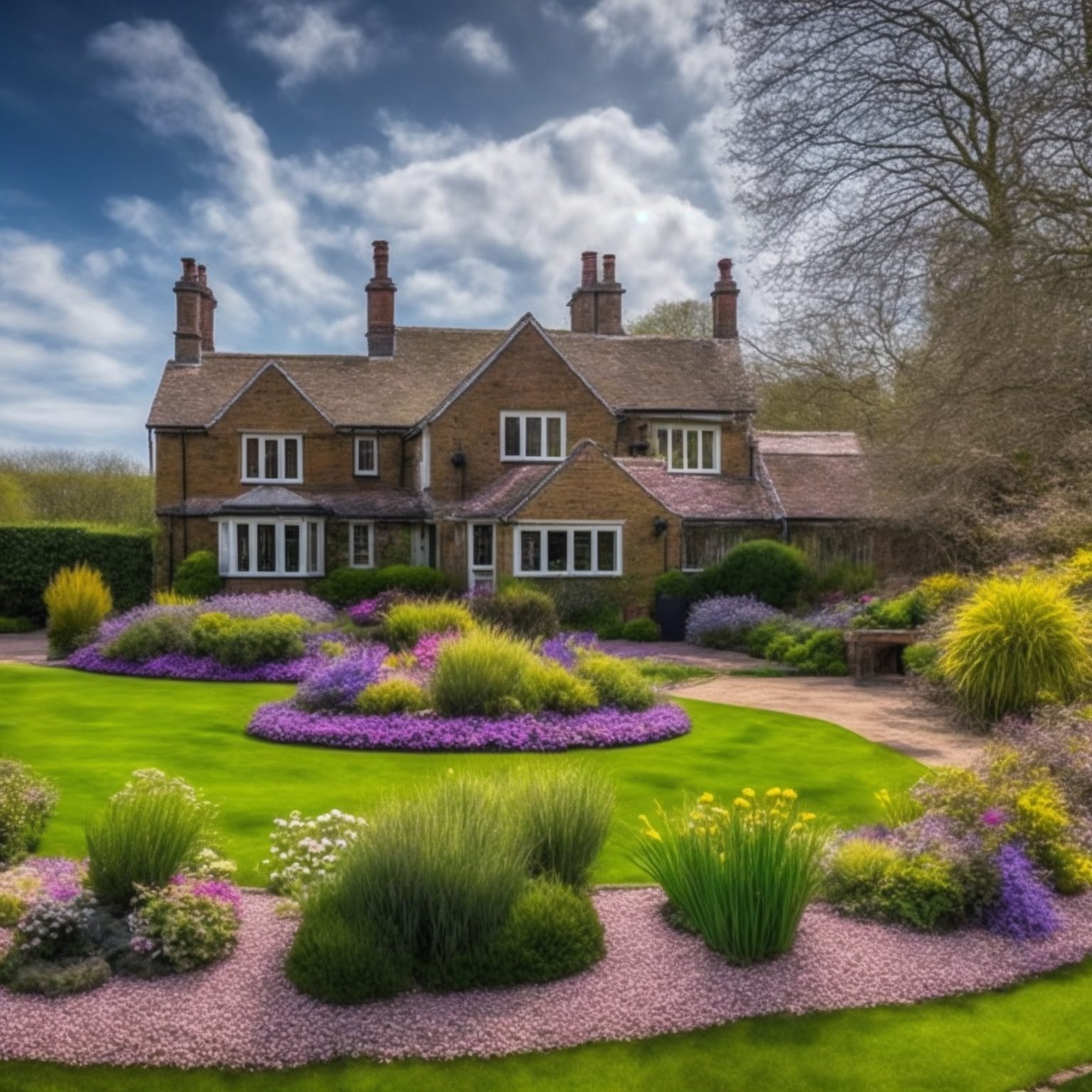
Spring Garden Tips: A Comprehensive Guide
As winter fades away, the arrival of spring signifies the perfect time to start preparing your garden for the warmer months ahead. Spring gardens are full of life, and with a little bit of planning and preparation, you can enjoy a beautiful and productive garden. In thi…
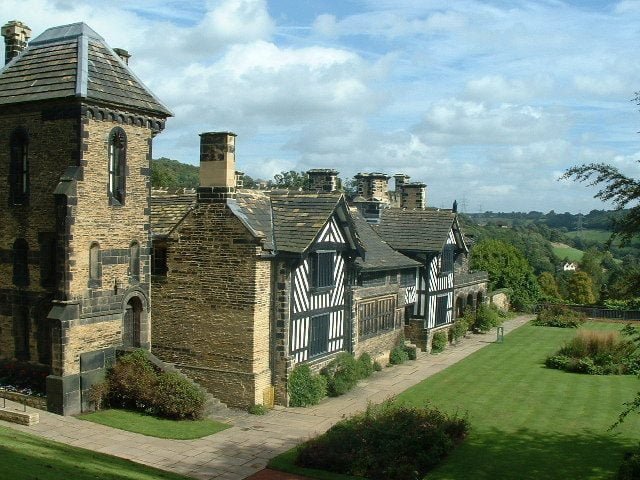
Shibden Hall: Historic Hall
Shibden Hall dates back to 1420 and offers visitors a fascinating journey through the lives of the people who lived and worked here, including the noted diarist Anne Lister (1791 – 1840).
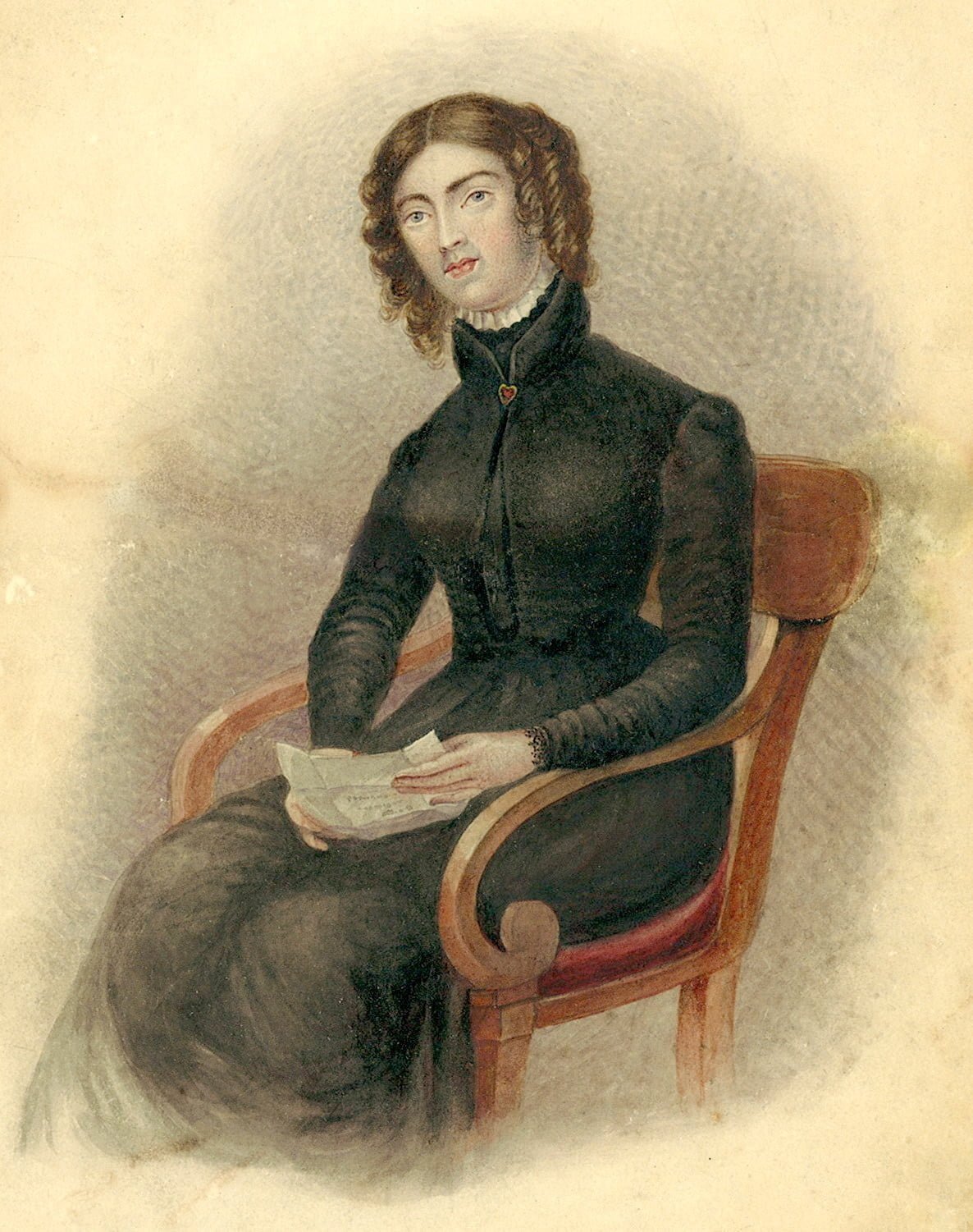
Anne Lister: Gentleman Jack
The Fascinating Life of ‘Gentleman Jack’. Anne Lister was a scholar, a businesswoman, a landowner, a traveller, and a lesbian.
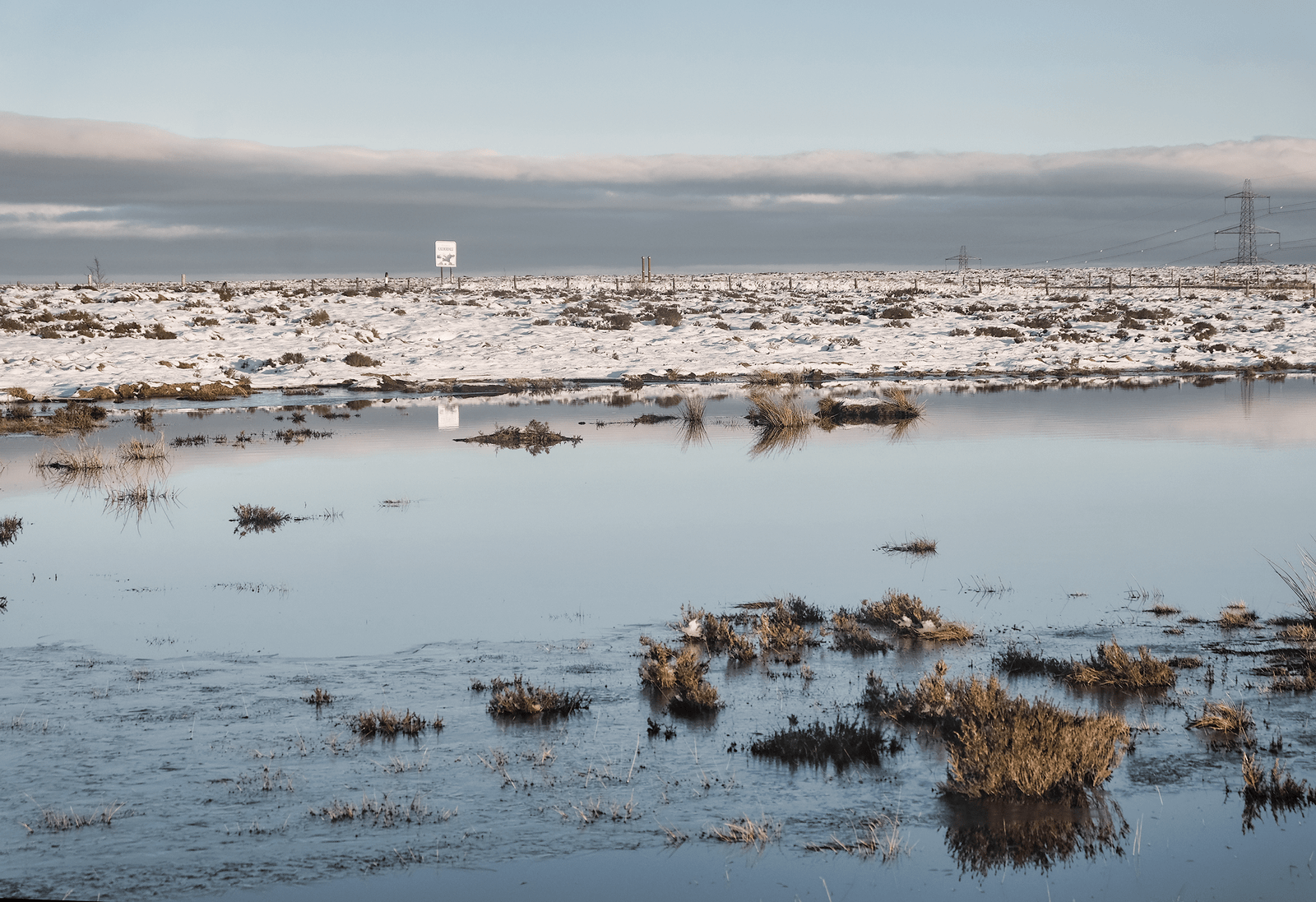
Best Pennines activities
The South Pennines offer plenty of choice when it comes to activities. For the best Pennines activities suitable for families, why not check these out.
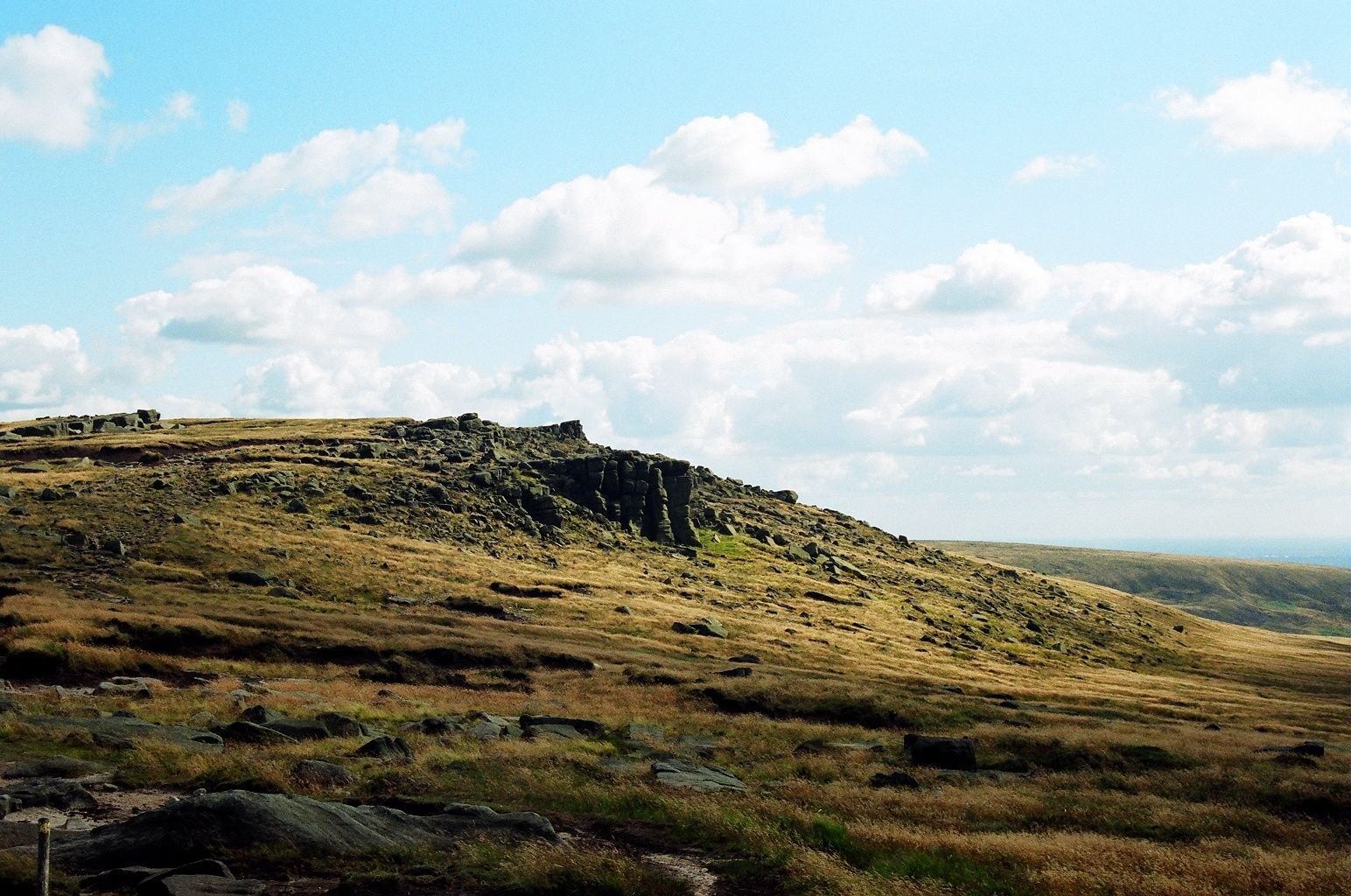
Explore the Top 10 Attractions and Activities in the South Pennines
Littleborough Lakeside makes an excellent base from which to explore the South Pennines. In this series of posts, we will explore the top 10 things to do in the South Pennines
